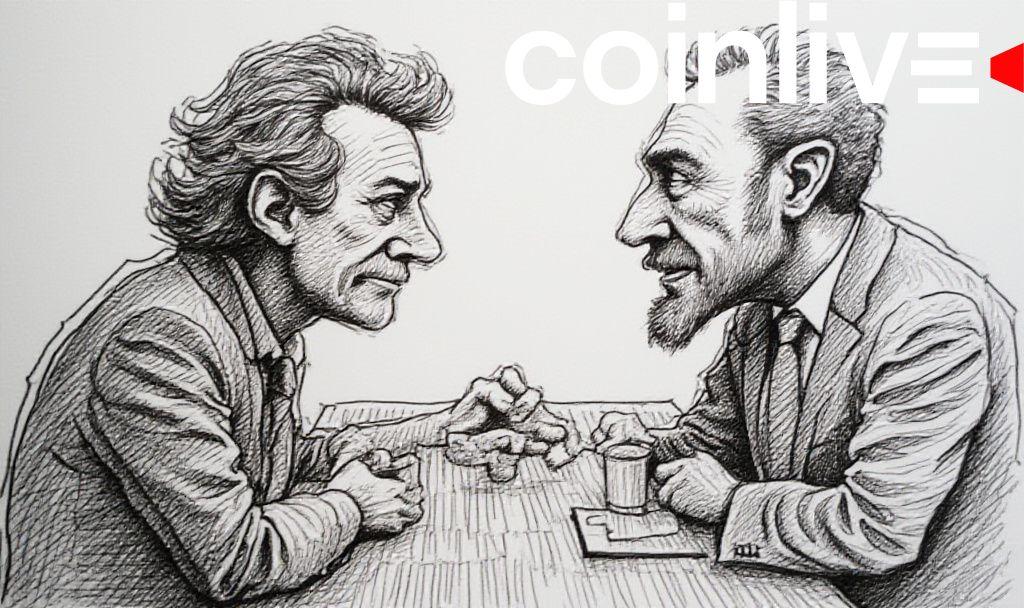- Peter Schiff criticizes Bitcoin, preferring gold’s value stability.
- Market sentiment influenced by Schiff’s gold advocacy.
- Investment debates intensify over digital vs precious assets.
Peter Schiff’s recent statement declaring Bitcoin as inferior to gold reignites debates within the investment community.
Schiff’s comments highlight persistent divisions on cryptocurrency viability and traditional asset reliability.
Economist Peter Schiff’s Views
Economist Peter Schiff, known for his skepticism toward digital currencies, recently reiterated that Bitcoin lacks stability, unlike gold. Schiff emphasized his belief that gold remains a superior store of value. His views frequently shape market opinions, affecting investor decisions.
“Bitcoin may be digital, but it’s got nothing in common with gold.” – Peter Schiff, Economist & Investor, Euro Pacific Capital Source
Peter Schiff, operating through Euro Pacific Capital, focuses on wealth management with precious metals, particularly gold. He asserts Bitcoin has nothing in common with gold. His remarks often lead to increased volatility in Bitcoin markets, though long-term impacts are typically minor.
Market Implications
Schiff’s gold advocacy could temporarily affect cryptocurrency interest. Investors wary of digital currencies might lean towards more stable options like gold. Such opinions from industry veterans create short-lived market fluctuations.
The financial implications of Schiff’s remarks underscore ongoing investor hesitancy about Bitcoin’s viability compared to gold. Gold has historically been perceived as a safer investment, especially during economic instability, influencing investor preferences.
Investment Strategy Shifts
Insights suggest potential shifts in investment strategies, emphasizing gold’s enduring appeal amidst economic uncertainty. While digital currencies maintain high volatility, their role as legitimate alternatives continues to evolve, challenging traditional investment perceptions.
